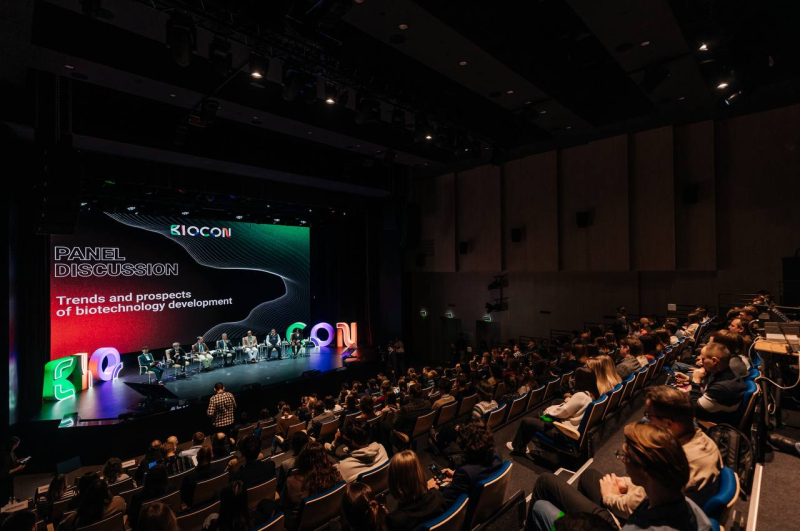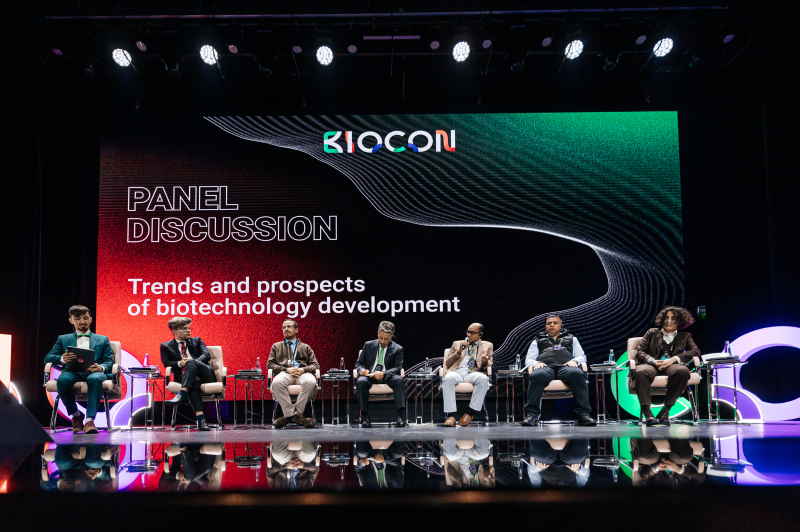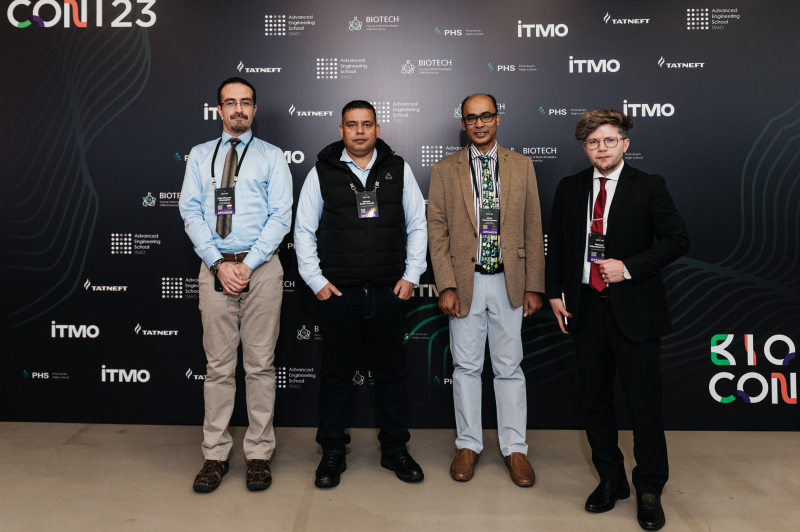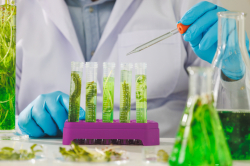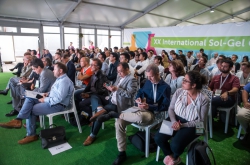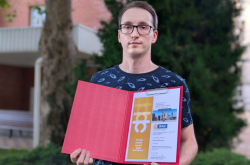According to BusinesStat, over the past three years the volume of the Russian market for biotechnologies has been growing by 3.7-6.7% annually and is estimated to reach 312 billion rubles in 2024 – that’s a 23% growth compared to 2019. The organizers of BIOCON believe that research, including in collaboration with international partners, is one of the main drivers of biotechnological development in the country. That’s why ITMO’s AES held its first international conference in biotechnologies, where researchers can present their latest results, exchange experience, and establish new collaborations.
BIOCON 2023 was held in Almetyevsk (Republic of Tatarstan) in partnership with Tatneft, an oil company collaborating with ITMO on AES.
“Our common challenge with our partners is the transition to industrial biotechnologies. However, already today ITMO’s AES implements a number of projects aiming to develop high-tech biotech: we produce high-yield strains of microorganisms for processing biomass using genetic engineering; we make portable microbe-detection systems with applications in medicine and oil industry. As ITMO’s Advanced Engineering School, we value international collaborations and open cooperation formats. For us, it is crucial to determine our strategy with regard to global expertise and work together with world-class opinion leaders,” shared Alexander Vinogradov, the head of ITMO’s Advanced Engineering School.
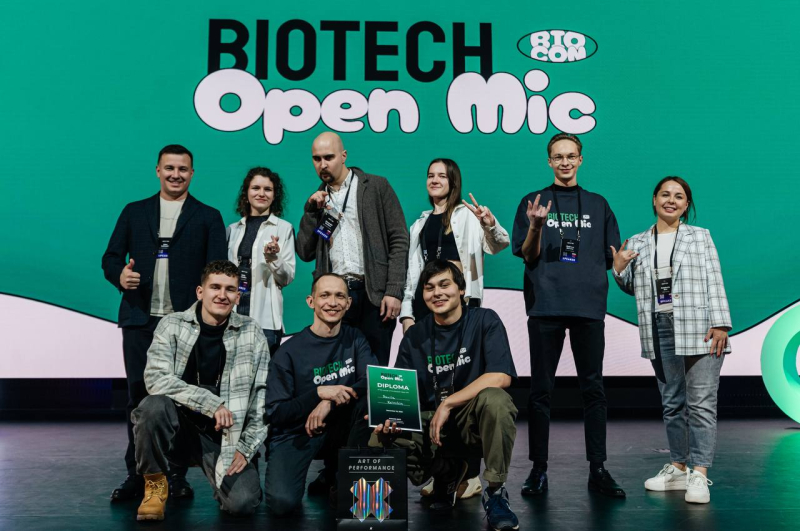
BIOTECH Open Mic. Photo courtesy of ITMO's Advanced Engineering School
Among the conference’s key topics were sustainable food production, agriculture, and bioenergy, as well as microbial biotechnology, nanobiotechnology, genetic and cell engineering. Projects in these fields are developed by ITMO’s Advanced Engineering School – for instance, one of them focuses on genetically engineered producers for industrial biotechnology.
Using genetic engineering, the research team aims to create genetic structures for yeast systems that will help produce new forms of enzymes with improved functional characteristics. This study will decrease production expenses and develop enzymes for various industrial purposes: from processing plant raw materials to increasing oil extraction yields and creating biocomposite construction materials.
The conference brought together around 250 participants from 14 countries, including China, India, Malaysia, Oman, and Japan. Among them were biotechnology students, researchers, and entrepreneurs, who not only presented their results but also discussed new collaborations and opportunities for academic exchange.
The conference’s key speakers were international biotechnology experts professor Meisam Tabatabaei from Universiti Malaysia Terengganu (h-index 83), professor Amin Mousavi Khaneghah from Institute of Agricultural and Food Biotechnology, Poland (h-index 70), professor Mukesh Kumar Awasthi from Northwest A&F University, China (h-index 76), and professor Mirza Hasanuzzaman from Sher-e-Bangla Agricultural University, Bangladesh (h-index 87).
Among the participants were also business representatives, including the R-Pharm pharmaceutical company, metagenomics agents producer Nobias Technologies, wheat raw materials recycling company Rustark, and former Danone department Health&Nutrition.
“As members of the global community, we are confronted with complex challenges that demand sophisticated solutions. Engaging in brainstorming sessions and exchanging ideas with fellow researchers and scientists is a crucial approach to generating new knowledge. Conferences, such as BIOCON, play a pivotal role in fostering public awareness of the development of innovative solutions. For me, gaining insights into new perspectives and establishing connections within the research community stand out as significant accomplishments from this event,” shared Meisam Tabatabaei.
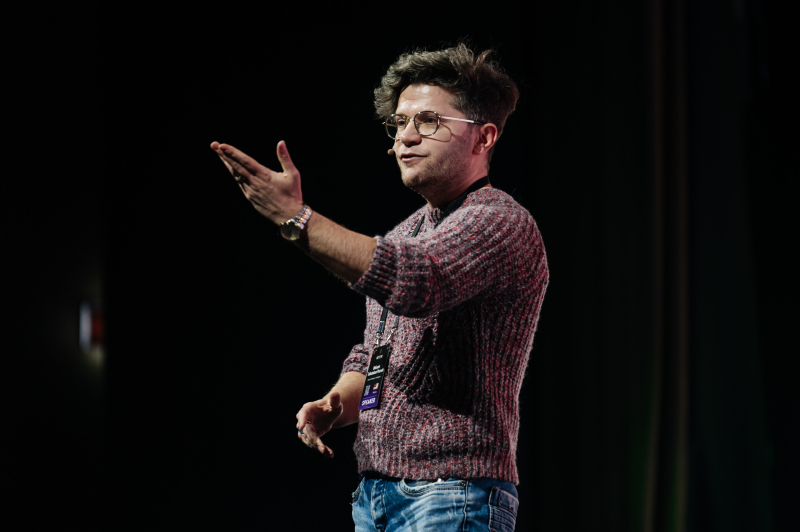
Meisam Tabatabaei. Photo courtesy of ITMO's Advanced Engineering School
The organizers hope to make BIOCON an annual or bi-annual conference that will attract young researchers and industrial partners from all over the world.
